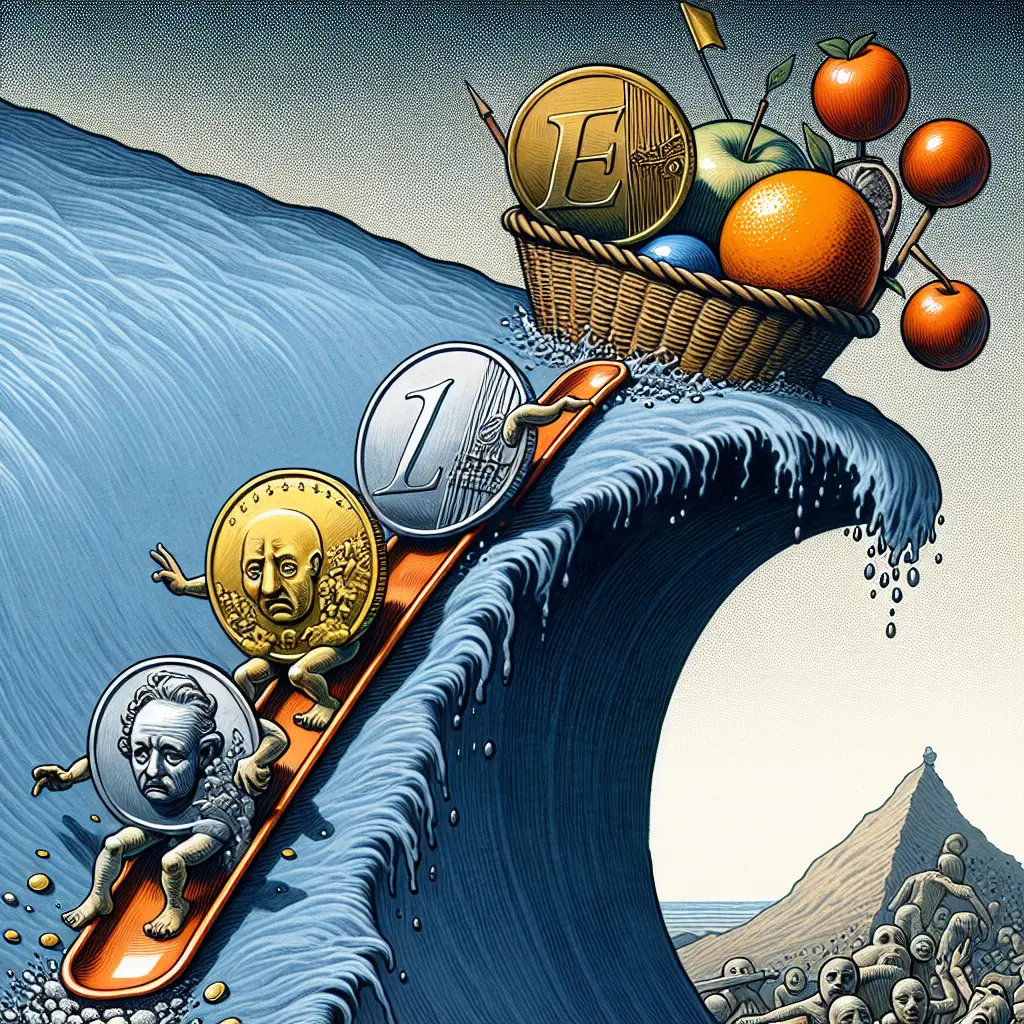In the rapidly evolving landscape of digital finance, XRP emerges as a pivotal player in future-proofing financial institutions. As traditional banking systems grapple with the demands of modern economies, the role of XRP in finance is increasingly recognized for its potential to revolutionize global banking. XRP's blockchain technology offers unprecedented scalability and liquidity solutions, addressing key challenges faced by banks in cross-border payments and financial innovation. The global impact of XRP is underscored by its seamless integration into financial institutions, providing robust digital currency solutions that enhance financial security and performance.
As XRP adoption in finance accelerates, its impact on the world economy becomes more apparent, offering a compelling alternative to traditional banking. XRP vs. traditional banking highlights a shift towards more efficient, cost-effective transactions, making it a vital asset for institutions seeking transformation and resilience. Furthermore, XRP liquidity solutions enhance the ability of banks to manage resources more effectively, ensuring stability in an increasingly volatile market.
The investment benefits of XRP are drawing attention from both seasoned investors and financial enthusiasts, positioning it as a cornerstone of digital finance innovation. As financial institutions navigate the complexities of global banking, the future of XRP in banking is set to redefine industry standards, fostering a new era of financial transformation. This digital currency's capacity to bolster financial institutions against future challenges underscores its critical role in digital finance.
As we delve deeper into XRP's contributions to the world economy, its significance in shaping the future of finance becomes ever more apparent.
The Role of XRP in Future-Proofing Financial Institutions
XRP's Impact on Global Banking
In today's digital economy, financial institutions are increasingly looking to innovative technologies to stay ahead. XRP, a digital currency known for its blockchain technology, is at the forefront of this transformation. By offering solutions that address key challenges in cross-border payments and financial innovation, XRP is playing a significant role in future-proofing financial institutions.
With its seamless integration into banking systems, XRP has been pivotal in enhancing financial security and performance. Its blockchain technology offers scalability and liquidity solutions that traditional banking systems struggle to match. The ability of XRP to facilitate rapid and cost-effective transactions has not only made it an attractive option for banks but has also highlighted its potential to revolutionize global banking.
One of the standout features of XRP is its capability to handle a high volume of transactions per second. This scalability is crucial for banks that manage large volumes of cross-border payments daily. For example, according to a recent report from Ripple, XRP can process over 1,500 transactions per second, significantly outperforming traditional banking systems.
XRP vs. Traditional Banking
Case Studies: Successful XRP Adoption
Several banks have already embraced XRP to improve their services. For instance, Santander has integrated Ripple's blockchain technology for cross-border payments, allowing customers to make same-day international transfers with lower fees. This move not only enhances customer experience but also positions Santander as a leader in digital finance.
Another example is Standard Chartered, which has partnered with Ripple to leverage XRP for real-time settlements. By adopting this digital currency, Standard Chartered has streamlined its operations, reduced transaction costs, and improved overall financial security.
XRP's Role in Financial Innovation
XRP's contribution to financial innovation cannot be overstated. By enabling faster and cheaper transactions, it empowers banks to explore new business models and expand their service offerings. This capacity for innovation is critical in an era where customer expectations are rapidly changing.
Wrap-up










Leave a Comment